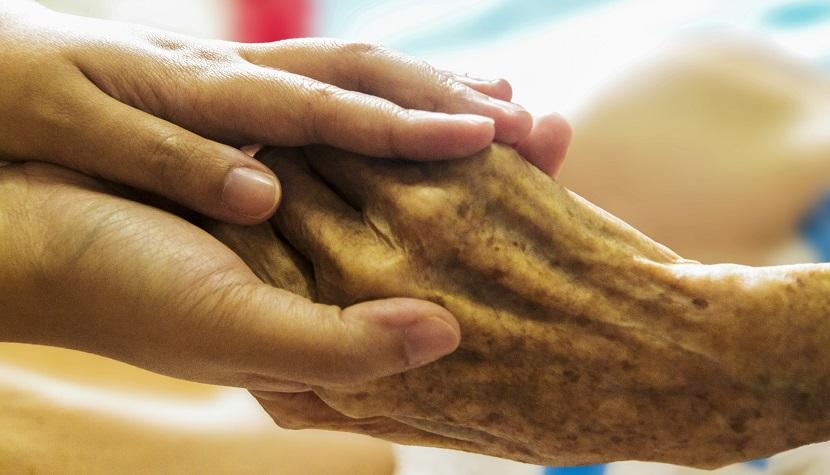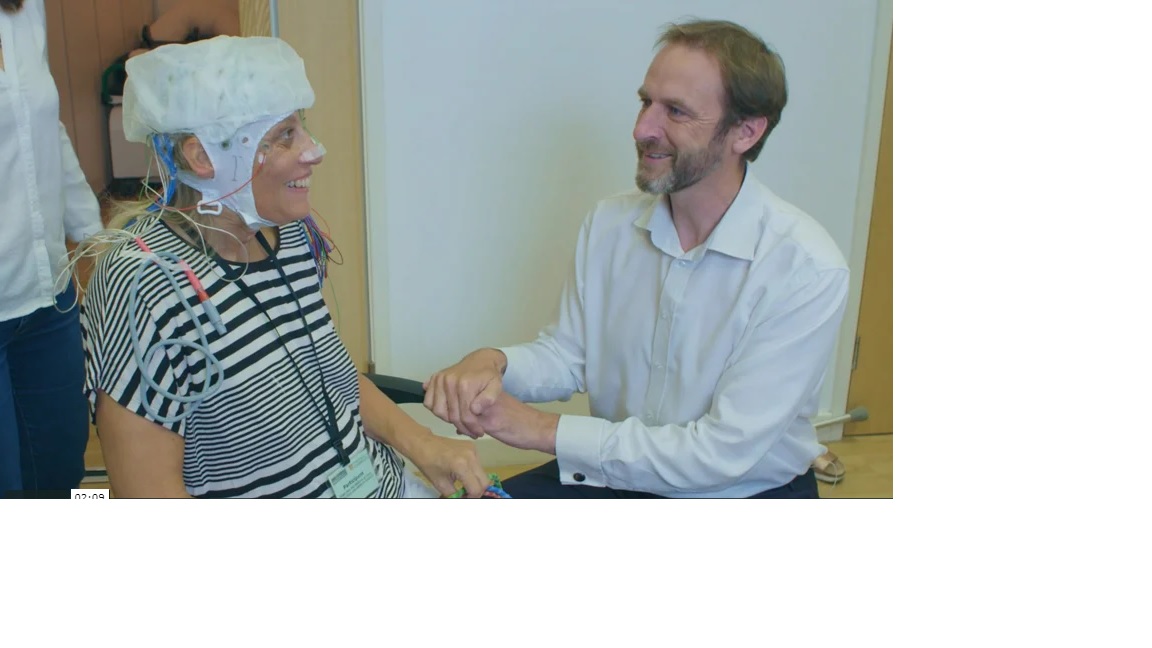
The Cambridge Centre for Frontotemporal Dementia and Related Disorders
Welcome to our Centre
The Cambridge Centre for Frontotemporal Dementia and Related Disorders led by Professor James Rowe is based in the Cambridge University Department of Clinical Neuroscience, but includes people and projects across many departments.
The Centre is dedicated to clinical and research excellence, spanning frontotemporal dementia, corticobasal degeneration, and progressive supranuclear palsy. Our goal is simple - to improve diagnosis and treatment, while supporting patients and their families.
Our mission is to provide world class care for patients and families combined with cutting edge research towards better diagnosis and effective treatments.
Frontotemporal dementia and related disorders include a ‘family’ of closely related illnesses. Despite the complex and sometimes multiple names for these illnesses, they have much in common, and we believe that the best care for individual patients and the fastest progress in research comes from looking at these illness together, including:
- Behavioural variant of frontotemporal dementia (bvFTD)
- Primary progressive aphasia (PPA), including semantic dementia (svPPA), non-fluent aphasia (nvPPA), logopenic aphasia (lvPPA)
- Progressive Supranuclear Palsy (PSP)
- Corticobasal syndrome and corticobasal degeneration (CBS, CBD)
Families first
We run several specialized clinics and the needs of patients and families are our first priority. Although there is not yet a cure, there is already much that can be done to help – for example, securing an accurate diagnosis that makes sense of the changes in personality, behaviour, physical and mental health; practical support in financial, employment and medicolegal matters; psychological support and respite not only for the patient but also carers and children; identifying and reducing the most troublesome symptoms including medication and non-medication approaches; navigating healthcare and social services; counselling on genetics and inheritance; and much more.
Training
Training is an essential theme of our centre. This is partly to nurture the next generation of specialist doctors, scientists and nurses working for a cure for Frontotemporal dementia and related disorders. But, we also want non-specialist doctors and nurses to recognise the illnesses early and to know how best to treat patients and families. It often takes years for patients to get the right diagnosis, but new tests could help diagnose early, perhaps even before symptoms begin when there is a vital window of opportunity to treat the disease.
Diversity
Progress against Frontotemporal dementia needs strong collaborations and a broad multidisciplinary team; this includes the doctors, nurses, and psychologists in clinic, and also scientists in neuroscience, computing, brain imaging, pathology, genetics, and pharmacology. By working together locally and with colleagues around the world, there is already clear progress towards better early diagnosis, new treatments, and the prospect of prevention of at least some of the illnesses.
Research
Our excellent team adopts an interdisciplinary approach to our research and has access to world class facilities.
Investments in research is already leading to changes in clinical practice, including more accurate diagnosis and increasingly sophisticated genetic testing to identify the root cause of many patients’ illness. Our work includes:
(1) Developing new treatments for difficult symptoms, such as impulsivity and apathy
(2) Understanding the biology of human FTD, and the lessons that can be learned from animal models of disease
(3) New tests that will show whether a treatment is slowing or halting the disease
These research themes are built on advances in cognitive neuroscience and advanced brain imaging methods, and the principles of Precision Medicine: designing specific treatments based on an individual’s unique profile of genes, symptoms, and stage. Further details can be found here.
We are proud that 9 out of 10 patients choose to take part in research, although there is no obligation to do so. This partnership is important, to keep research focussed in the issues that really matter most to patients and families.
More information
If would like to know more about us, we invite you to have a closer look at our website.
Here you can find further information on:

